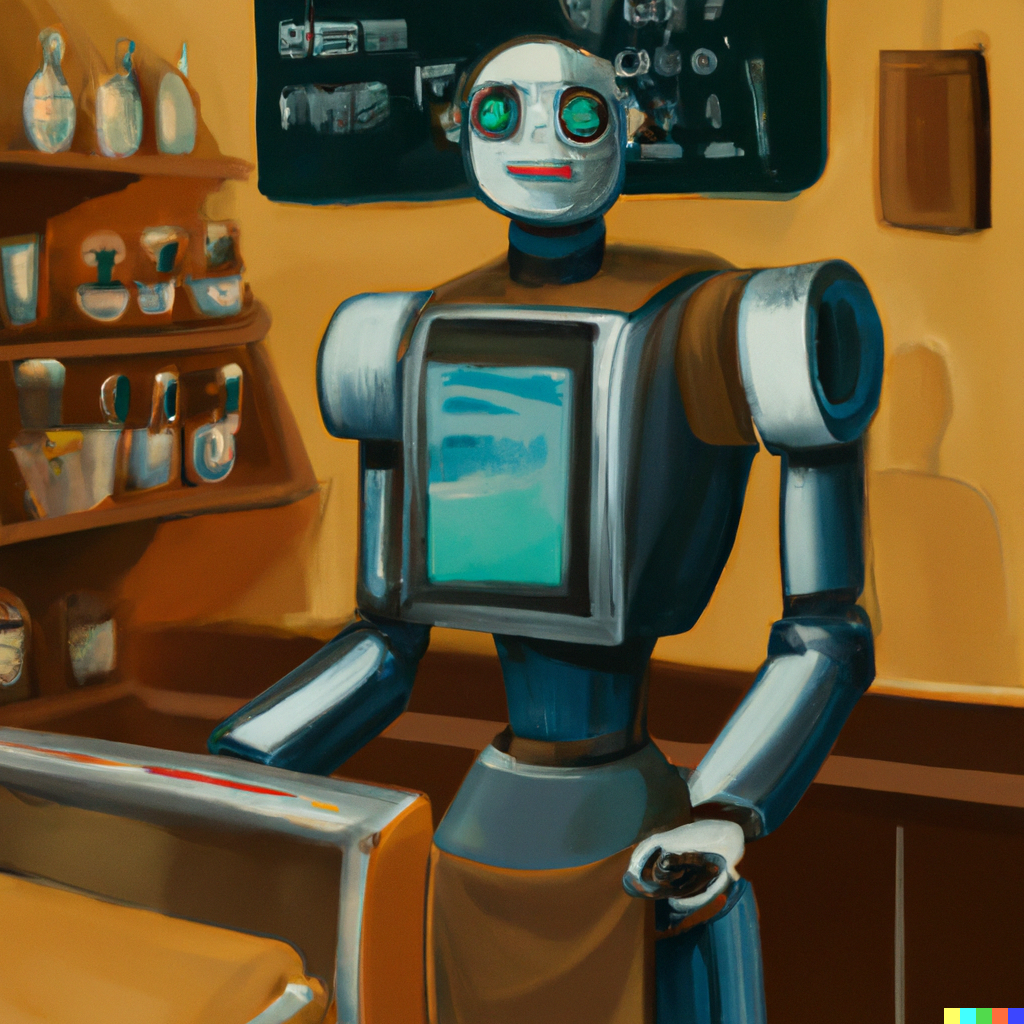In the 1930s, the economist John Maynard Keynes suggested that in a hundred years’ time, we’d all be working 15-hour work weeks or a 3-hour workday because of advances in productivity. Keynes predicted that we’d all have a lot more leisure time due to our material needs being met.
Interestingly, he also referred to the “Man’s dilemma” of knowing what to do with oneself when you have so much leisure time. A “sense of dread” because people were so busy striving and not used to the “age of leisure”. How does one occupy oneself when working only 3 hours a day?
Keynes predicted that wealth accumulation would no longer be of high social importance. The premise was that people could pursue the good things in life if their needs were met. The reality is that modern democracies and economies are based on people buying ever more expensive things, climbing hierarchical ladders, keeping up with the Jones and getting busier and busier.
Keynes also didn’t account for wealth distribution – productivity might have increased, but the wealth created didn’t necessarily go to those creating it. Work is also not just a means to an end – people enjoy it for its own rewards, and society is focused, traditionally at least, working full time. The workplace is not geared toward promoting someone, paying them more, and then ratcheting down their hours for a better quality of life. Society is geared up towards people working, not for mass leisure. Long hours are much more of a status symbol than someone with long leisure hours.
But with the great resignation, people increasingly seeking purpose in their work, balance and flexibility, could Keyne’s prediction finally become true?

One such leap forward in workplace productivity could be the advent of Artificial Intelligence. But rather than workers being augmented by AI to work shorter hours, the workers might be replaced altogether.
In his book “A world without work”, Daniel Susskind suggests a form of Universal Income. So in the absence of a job for everyone, you get paid to stay at home and contribute to society in other ways. The CEO of OpenAI, Sam Altman, recently stated his company supported research into Universal Incomes, perhaps in anticipation of the tectonic shifts in the workplace from adopting AI. But as Keynes predicted a century ago, what would you do with yourself?
Added to these huge shifts in what we consider “work” are an increasingly ageing population. An ageing population interested in lifelong learning and a portfolio of careers in a long lifetime. So the concept of retirement, working your life at something you don’t enjoy so you can “relax” in old age, looks a bit broken and outdated. How about finding work you don’t need to retire from, mini-retirements, as Tim Ferris calls them, and lifelong learning?
All of this leads me to think that finding your calling, fulfilling and uplifting work, and a path that lights you up are more important than ever.

0 comments on “A three-hour workday because of AI”